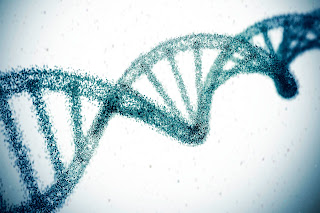Researchers discover new neurodevelopmental disorder

After discovering its link to a tumor suppressor gene, Australian researchers have found a novel neurodevelopmental condition. The Murdoch Children's Research Institute (MCRI) conducted an international research team that linked a known tumor suppressor gene to a novel neurodevelopmental disease, putting an end to the diagnostic journey for 32 families throughout the world. Variations in the FBXW7 gene were linked to the newly identified disorder, which causes “mild to severe developmental delay, intellectual disability, hypotonia, and gastrointestinal problems,” according to the study. Because the FBXW7 gene regulates cell life-cycle, cell growth, and cell survival, the research team hypothesized that abnormal cell proliferation during brain development could underpin the wide range of brain abnormalities seen in this new disorder, according to Murdoch Children's researcher Dr Sarah Stephenson. According to this article, The researchers employed cutting-edge diagnostic methods...
